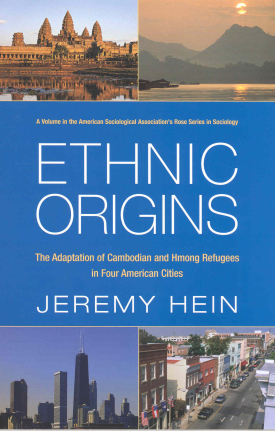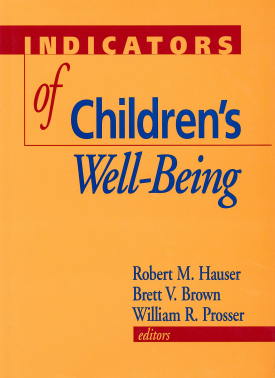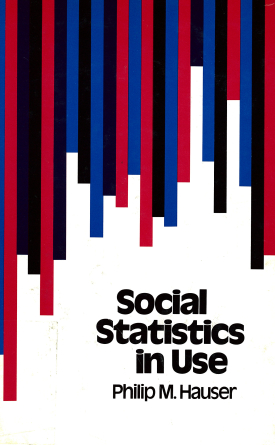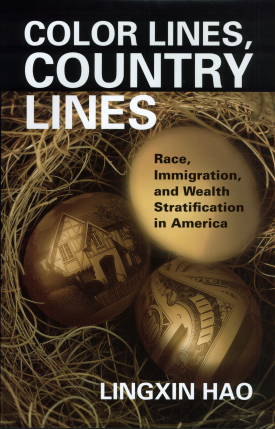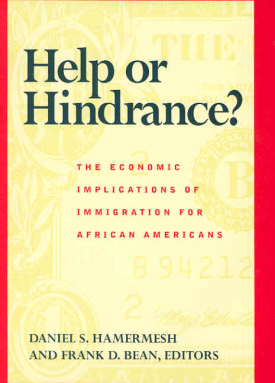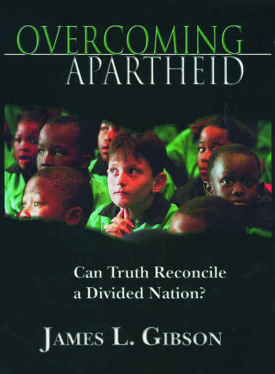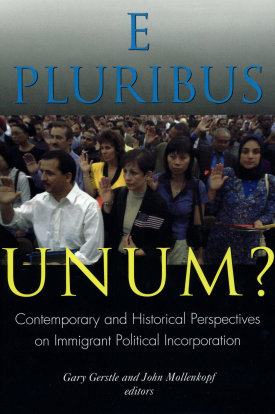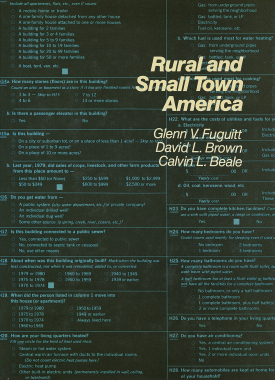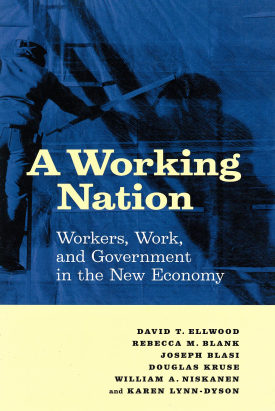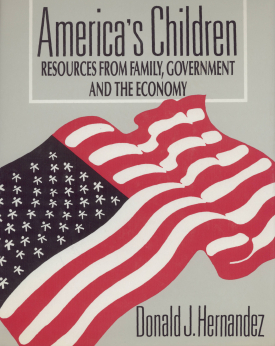
America's Children
About This Book
America’s Children offers a valuable overview of the dramatic transformations in American childhood over the past fifty years, a period of historic shifts that reduced the human and material resources available to our children. Alarmingly, one fifth of all U.S. children now grow up in poverty, many are without health insurance, and about 30 percent never graduate from high school. Despite such conditions, economic, family, and educational programs for children earn low national priority and must depend on inconsistent state and local management.
Drawing upon both historical and recent data, including census information from 1940 to 1980, Donald J. Hernandez provides a vivid portrait of children in America and puts forth a forceful case for overhauling our national child welfare policies. Hernandez shows how important revolutions in household composition and income, parental education and employment, childcare, and levels of poverty have affected children’s well-being. As working wives and single mothers increasingly replace the traditional homemaker, children spend greater portions of time in educational and daycare facilities outside the home, and those with single mothers stand the greatest chance of being welfare dependent. Wider changes in society have created even greater stress for children in certain groups as they age: out-of-wedlock births are on the rise for white teenagers, half of all Hispanic youths never graduate high school, and violence accounts for nearly 90 per cent of all black teenage deaths.
America’s Children explores the interaction of many trends in children’s lives and the fundamental social, demographic, and economic processes that lie at their core. The book concludes with a thoughtful analysis of the ability of families and government to provide for a new age of children, with emphasis on reducing racial inequities and providing greater public support for families, comparable to the family policies of other developed countries. As the traditional “Ozzie and Harriet” family recedes into collective memory, the importance of creating strong national policies for children is amplified, particularly in the areas of financial assistance, health insurance, education, and daycare. America’s Children provides a compelling guide for reassessing the forces that shape our children and the resources available to safeguard their future.
"In this conceptually creative, methodologically rigorous, and empirically rich book, Hernandez uses census and survey data to describe several quite profound changes that have characterized the life courses of America's children and their families over the last 50 to 150 years....this erudite book is destined to be a classic." —Richard M. Lerner, Contemporary Psychology
"America's Children goes a long way toward informing the debate on the causes of increasing poverty, and it challenges some widely held misperceptions....its study of resources available to children (and their families) lays a valuable foundation for surveying trends in family structure, education, and income sources....Anyone interested in the changing lives of children should read it; anyone interested in understanding the causes and patterns of poverty, and in designing a better welfare system, must read it." —Ellen B. Magenheim, Journal of Policy Analysis and Management
DONALD J. HERNANDEZ is chief of the marriage and family branch of the U.S. Bureau of the Census.
A Volume in the RSF Census Series

